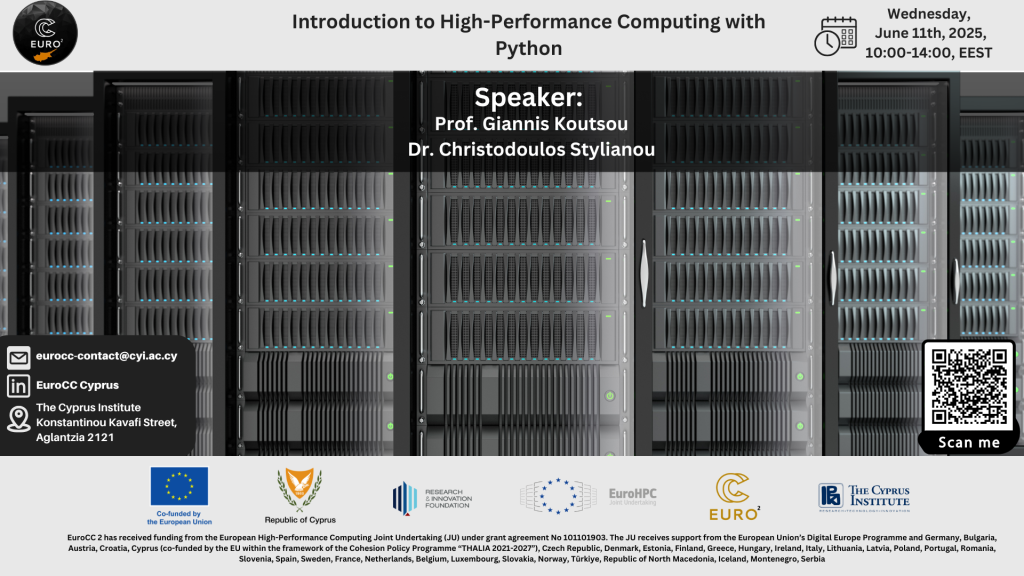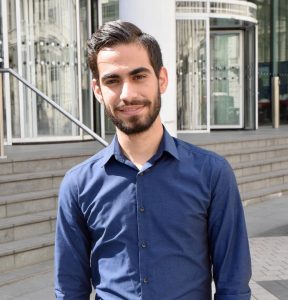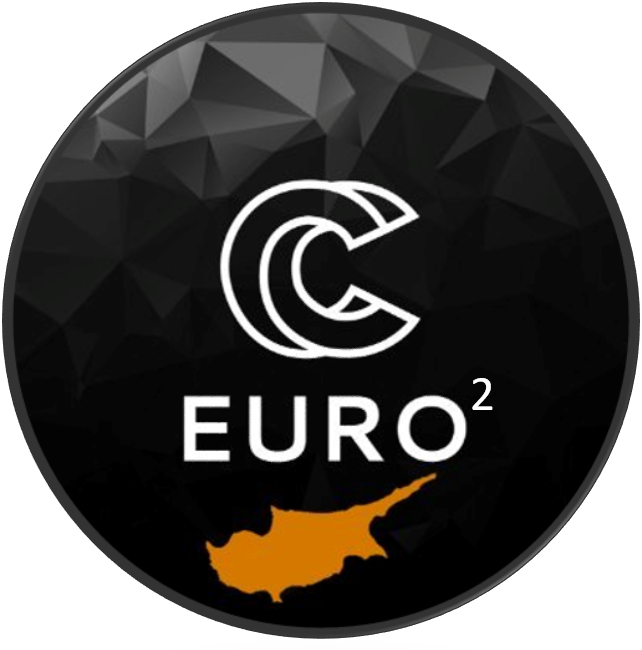
Date: Wednesday, June 11, 2025, 10:00-14:00, Cyprus time
Venue: This training event is held as a hybrid event. You are welcome to join us at the Andreas Mouskos Seminar Room, The Cyprus Institute. Otherwise please, connect to our live stream of the discussion, available on Zoom (Password: VsSCz1)
Language: English
Registration: Registration for this event is open until Monday, June 09, 2025. Registration form here.
Pre-requisites: Attendees should be familiar with at least one programming language, such as C/C++, Fortran, or Python. Hands on exercises are part of the training and will be provided in Python.
Requirements: Attendees should bring with them their own laptop (with Administrative privileges) to follow the hands-on practical. They should make sure the following software is available on their laptops:
- A web browser and PDF viewer and
- A command line interface or other client that supports SSH.
Attendees should be able to access the machine prior to the event. Instructions on how to generate the SSH key can be found at Accessing and Navigating Cyclone Tutorial. We recommend generating the SSH key via Git Bash for Windows (2.5.2. Section – Option 2 on the tutorial)
Github link
————————————————————————————————–
Discord support channel
Agenda
09:30-10:00
Hands-on Setup (Optional)
Please use this session to ensure you can access the HPC system.
10:00-10:45
Assoc. Prof. Giannis Koutsou
Practical aspects of HPC
High-Performance Computing (HPC) has become an essential component in addressing the computational demands of modern scientific research. In this session, we will introduce the foundational principles of HPC and explore the architectural characteristics that distinguish supercomputers from conventional computing systems. We will discuss the role of accelerators such as GPUs in enhancing computational performance, and outline the practical aspects of writing parallel code for scalable execution.
10:45-12:00
Dr. Christodoulos Stylianou
OK, I Got Access, Now What?” – Accessing, Navigating and Running Jobs
In this interactive session, participants will gain practical experience accessing and navigating a supercomputer. We’ll begin by guiding them through secure login and setup, followed by an introduction to the file system and module management. Participants will learn how to submit and monitor a basic job, gaining insight into effective job management and troubleshooting. At the end of the session users will be equipped with essential skills for working confidently on supercomputing systems.
Break
12:30-14:00
Assoc. Prof. Giannis Koutsou
Introduction to distributed memory parallel computing – Examples with mpi4py
The event will conclude with a hands-on component, where participants will learn to parallelize simple computational kernels, gaining first-hand experience with the core ideas of parallel programming. We will introduce distributed memory parallel computing using mpi4py, a Python wrapper for the widely-used MPI standard. Through practical examples, participants will explore fundamental concepts such as data distribution, message passing, and process coordination. By the end of the session, attendees will have implemented and run basic parallel programs, providing them with a foundation for scaling up scientific applications on HPC systems.
About the speaker:

Christodoulos (Chris) Stylianou joined the Computation-based Science and Technology Research Center (CaSToRC) at The Cyprus Institute (CyI) as a Research Engineer for the EuroCC2 Project. He holds an undergraduate degree in Electrical & Electronic Engineering (MEng) from Imperial College London, a Masters Degree in High Performance Computing (HPC) with Data Science (MSc) and a PhD in HPC, Computational & Data Science and Software Engineering from EPCC at The University of Edinburgh.
Chris specializes in High Performance Computing and more specifically in Heterogeneous and Distributed Computing, Performance Portability, and the application of Artificial Intelligence in accelerating Sparse Linear Algebra for the next generation hardware architectures. His current research interests are around acceleration of training time via sparsification of Neural Networks. Chris is also skilled in software development, training, and fostering collaboration between academia, industry, and government with a growing interest in product management.
 Giannis is Associate Professor at the Computation-based Science and Technology Research Center (CaSToRC) of The Cyprus Institute. His research focuses on the computational study of QCD, in which he uses some of the world’s largest supercomputers to unravel the structure of the fundamental constituents of matter, protons and neutrons. To this end, he employs large-scale Monte Carlo simulations, parallel linear solvers, and statistical analysis techniques, and has gained extensive expertise in implementing and optimizing these methods in codes for distributed memory architectures and systems equipped with GPUs.
Giannis is Associate Professor at the Computation-based Science and Technology Research Center (CaSToRC) of The Cyprus Institute. His research focuses on the computational study of QCD, in which he uses some of the world’s largest supercomputers to unravel the structure of the fundamental constituents of matter, protons and neutrons. To this end, he employs large-scale Monte Carlo simulations, parallel linear solvers, and statistical analysis techniques, and has gained extensive expertise in implementing and optimizing these methods in codes for distributed memory architectures and systems equipped with GPUs.
